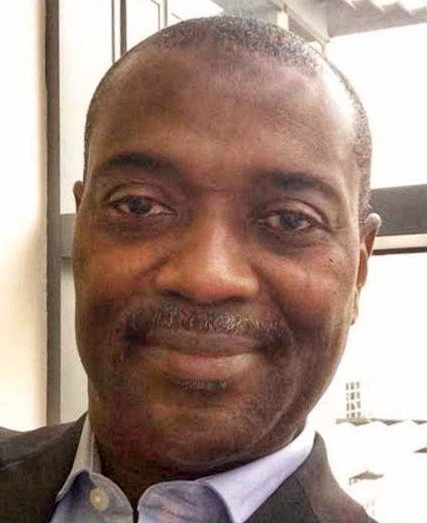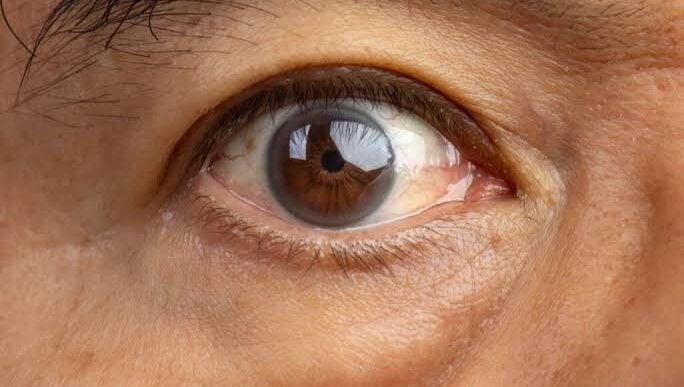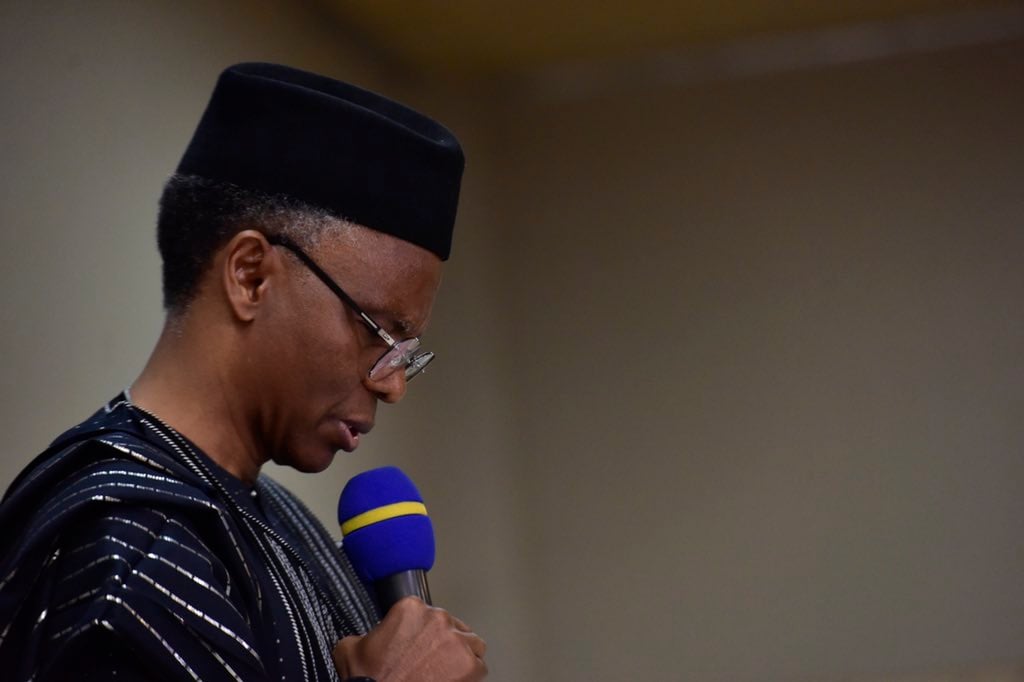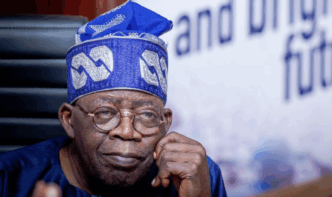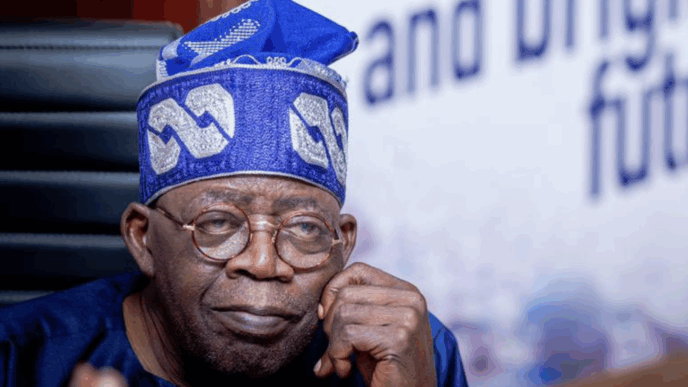Nigerians are justifiably frustrated by a culture of impunity where the powerful seem to be above the law. This creates a two-tiered justice system that erodes public trust and fosters a deep-seated fear of state security agencies known for brutality and extortion. The solution lies in reimagining the rule of law not as an abstract ideal, but as a tangible promise of a fairer society where success is based on merit, not connections or corruption. This foundational principle is the cornerstone of a stable, just, and prosperous society, holding everyone—including the government—accountable to publicly available laws that are applied equally and enforced independently.
The pillars of the rule of law are fundamental to its successful application in any society. A society committed to the rule of law operates on several key principles. The laws themselves must be clear and accessible so that everyone understands what is expected of them. Justice must be applied consistently and without bias, a principle known as “blind justice,” which ensures that the same rules apply to a government official as to a regular citizen. The government itself must be held to the same legal standards as its people, preventing the arbitrary use of power. An independent judiciary and easy access to legal help are also essential, as courts must be free from political pressure and corruption to ensure impartial judgments. The opposite of this is “rule by law,” where an authoritarian government uses the legal system as a tool to control the population and consolidate its own power. The law becomes a weapon to exercise power, not a framework to limit it.
The true deterrent to the abuse of the law is the certainty of justice. Effective law enforcement is not measured by the number of arrests, but by the certainty of justice. It is the absolute guarantee of being caught, prosecuted, convicted, and punished without exception that serves as the true deterrent to crime. The length of a sentence matters far less than the inescapable consequence of an offence. For the rule of law to be truly effective, it must be applied equally to everyone, with no sacred cows and no special treatment for the powerful. This principle is directly undermined by the pervasive culture of “pleading,” “begging,” and seeking influence to escape justice. Rather than facing legal consequences, those accused of an offence routinely mobilise personal connections, prominent individuals, and powerful figures—from religious and traditional leaders to political elites—to secure an acquittal or avoid prosecution entirely. If they are unable to muster the connections, they source large funds to bribe their way out of justice.
This societal impulse to beg for leniency rather than face legal consequences reveals a fundamental flaw in the justice system. It is a practice so common that many of us have either done it ourselves or pleaded on behalf of others. This reliance on personal influence exposes a stark inequity: if some can secure a pardon by leveraging their connections (or bribing their way out), why should others be punished for the same offence simply because they lack funds for bribes or the social capital to find a powerful advocate? The true measure of a just society is not found in a person’s willingness to resist pleas but in the unwavering, equal application of the law to every individual, regardless of their status or network.
Advertisement
The rule of law is always a catalyst for progress in societies, a powerful engine for societal advancement. A robust legal framework is essential for a thriving market economy. Investors and businesses require assurance that their contracts will be enforced, their property rights will be protected, and their assets won’t be seized without fair compensation. A trustworthy legal environment with predictable laws attracts investment and encourages the innovation needed for economic growth.
The rule of law also transforms citizens from potential victims of the state into rights-bearing individuals. It provides personal security and dignity by reassuring people that their fundamental rights—such as freedom of speech, fair trials, and property rights—are not just theoretical concepts but are legally enforceable. This mechanism also serves as a crucial check on the government, preventing a descent into dictatorship and the abuse of power.
By ensuring that every vote counts and that political power is derived from the will of the people, the rule of law serves as the foundation for free and fair elections. It addresses the deep desire for a true democracy, preventing fraud or judicial manipulation.
Advertisement
The Paradox of Nigeria’s Legal System
On paper, Nigeria possesses a robust legal framework, anchored in its 1999 Constitution, which provides for an independent judiciary and a comprehensive bill of rights. This strong theoretical foundation, combined with an active civil society and media, has resulted in a judiciary that has shown flashes of independence, acting as a critical check on executive power in landmark cases. For example, courts have occasionally ruled against the government in human rights and electoral disputes, demonstrating a potential to act as a crucial bulwark against the abuse of power.
However, the practical application of the rule of law is severely hindered by several deep-seated challenges.
Pervasive Corruption and Impunity. Corruption is the single greatest threat to the rule of law in Nigeria. Widespread graft within the police, judiciary, and civil service means that justice is often for sale. High-profile cases, such as the one involving “super cop” Abba Kyari, expose the deep-seated nature of this corruption, which often shields the powerful and wealthy from prosecution. This creates a dual system of justice where the wealthy and connected are often immune to punishment, while ordinary citizens face severe penalties for similar crimes. The use of endless adjournments further delays justice, eroding public trust and allowing cases to languish until interest fades.
Advertisement
Executive Interference and Disregard for Court Orders. The executive branch frequently acts with impunity, exhibiting a blatant disregard for the law. President Muhammadu Buhari’s 2019 suspension of the Chief Justice on charges of false asset declaration, widely condemned as a politically motivated attack on judicial independence, is a prime example. The government’s consistent failure to comply with court orders—particularly in cases involving activists and political opponents—reflects a serious lack of respect for the rule of law.
Judicial Inefficiency and Selective Application. The judicial process is plagued by extreme delays, outdated procedures, and a lack of resources. A staggering number of inmates in Nigeria’s overcrowded prisons are awaiting trial, with many held for years longer than the maximum sentence for their alleged crimes. This inefficiency is compounded by the selective application of the law, where low-level offenders are prosecuted swiftly. At the same time, high-profile corruption cases involving former governors and other powerful figures are bogged down by endless delays. For instance, there can be no rational or moral justification for a terrorism/treason case or a high-profile corruption case to languish in court for a decade. It is a national disgrace and a profound professional embarrassment for the legal profession. How can a legal system that prides itself on due process allow cases of such gravity to stall for ten years or more? What legitimate reason could there be for a case against a former governor—accused of massive corruption—to drag on for a full decade? These delays mock the very notion of justice and erode public faith in the judiciary. It is particularly baffling that the Nigerian Bar Association and other relevant professional bodies do not treat these protracted cases as a collective failure. Instead of a source of shame, these delays seem to have been normalised, a symptom of a system where influence and technicalities are more powerful than the pursuit of truth and justice.
The Citizen’s Perspective: A Rational Response
The average Nigerian’s relationship with the law is not a case of inherent disregard for the law but a rational response to a dysfunctional system. The transformation of Nigerians as they cross borders is a powerful and revealing paradox. Nigerians travelling abroad from chaotic, crowded airports are often perceived as boisterous and disorderly. Yet, the moment they arrive at hubs like Heathrow, JFK, or Dubai, they become the picture of composure—calm, courteous, and organised. The reverse journey is even more striking. The same well-mannered individuals who boarded a plane abroad suddenly become agitated, impatient, and imperious upon landing in Nigeria. A significant number seem to adopt the defiant attitude of being above the law, with the ubiquitous question, “Do you know who I am?” This is not a matter of geography, weather, or air. It is a fundamental shift in behaviour driven by the absence of a consistently enforced rule of law.
Advertisement
This dramatic change suggests that the environment, not an inherent flaw in national character, shapes a citizen’s behaviour. When confronted with a legal system that is efficient, impartial, and predictable, Nigerians adhere to the rules. However, upon returning to a system where influence and status often supersede the law, they revert to a survival strategy that prioritises personal connections over civic responsibility. This contrast serves as a compelling testament to the power of a strong legal framework to foster order, respect, and civility in society.
Compliance is high in moral and social spheres, such as laws against murder or armed robbery, but breaks down in civic matters like traffic violations or tax evasion. This is a direct consequence of systemic failures. The low probability of being caught and punished makes non-compliance a rational choice. When law enforcement officers are known to accept bribes, the legitimacy of the system is compromised. Furthermore, when the government is perceived as corrupt and unable to provide basic amenities like electricity, clean water, and good roads, citizens feel less of a moral obligation to obey its laws. For many, the daily struggle for survival also takes precedence over legal compliance.
Advertisement
This behaviour is best understood as a reversal of the “Broken Windows Theory.” It is not a few broken windows, but a perception that the entire system is crumbling, leading to a collective sense that the rules no longer apply. The fact that Nigerians living in countries with strong, functional rule of law (e.g., the UK, US, and Canada) typically become very law-abiding citizens suggests that this is a systemic issue, not a national character flaw.
A Path Forward: Recommendations for Reform
Advertisement
To address these systemic weaknesses, a comprehensive, multi-pronged approach is needed, but all efforts hinge on one critical factor: political will. A determined coalition for change, comprising the Nigerian Bar Association (NBA), civil society organisations, the media, and international partners, must relentlessly advocate for and monitor the implementation of these crucial reforms.
The Nigerian legal profession itself plays a significant role in perpetuating the country’s dysfunctional justice system. While the NBA is quick to criticise government overreach, it has shown a lack of similar commitment to comprehensive judicial reform. A public perception exists that some legal practitioners, particularly senior ones, benefit from the system’s inefficiencies by deliberately using legal technicalities to delay cases. This practice stands in stark contrast to the British legal system from which Nigeria’s evolved. Are we not all scandalised that an individual may have been accused of stealing several billions from the Nigerian coffers, and we are still on that case 10-15 years later? For the rule of law to become a reality, there must be a fundamental shift in the culture of the legal profession. The NBA must move beyond being a mere critic and become a champion for the revitalisation of the justice system, ensuring that accountability applies to everyone, regardless of their position.
Advertisement
Another step is to modernise technology and infrastructure. A digital revolution is essential to move beyond archaic, paper-based systems. Implementing a comprehensive case management system (CMS) and e-Filing across all courts would dramatically reduce administrative delays. Another is to streamline judicial administration and case management. This involves enforcing strict timeframes for all stages of a case, establishing specialised fast-track courts for commercial disputes and corruption cases, and mandating alternative dispute resolution (ADR) as a first step for civil and minor criminal cases.
To combat corruption and enhance integrity, public trust must be restored. The National Judicial Council (NJC) must be empowered with greater autonomy to act decisively on judicial misconduct, and all judges should be required to publicly declare their assets to increase transparency. In terms of legislative and structural reforms, legislative solutions are needed to address issues rooted in the law itself, such as improving the Administration of Criminal Justice Act (ACJA) and promoting non-custodial sentences for minor offences to decongest prisons. Moreover, the judiciary cannot function effectively without proper resources and motivated personnel. Fully implementing the constitutional provision for the judiciary’s financial autonomy would prevent the executive from using funding as a tool of control.
Finally, we must not only hold the government accountable, but also critically examine our own role in undermining the rule of law. It is easy for us to point fingers at the President or state governors, but what if a leader of impeccable character were to take office, a sinless Saint of some sort? Would that immediately change the health worker who steals hospital medications (in the name of “eating where one works”), the train track saboteur who steals bolts not caring it may lead to derailment, the court official, bank teller or civil servant who deliberately obstructs transactions to induce a bribe, or the airport official who extorts travellers? The collective character of our nation is a reflection of who we are as individuals. The Nigeria we have is the Nigeria we create through our daily choices. Every step of the legal system, from enforcement to compliance, is shaped by the actions of individual citizens who prioritise personal gain over collective well-being. It is time for us to look inward and consider whether we are truly ready to be the change we demand. Until we do, our national mantra of “It is well” will remain a hollow phrase, a resigned acceptance of a broken system rather than a declaration of a commitment to fix it.
Gbadamosi can be reached at [email protected]
Views expressed by contributors are strictly personal and not of TheCable.
